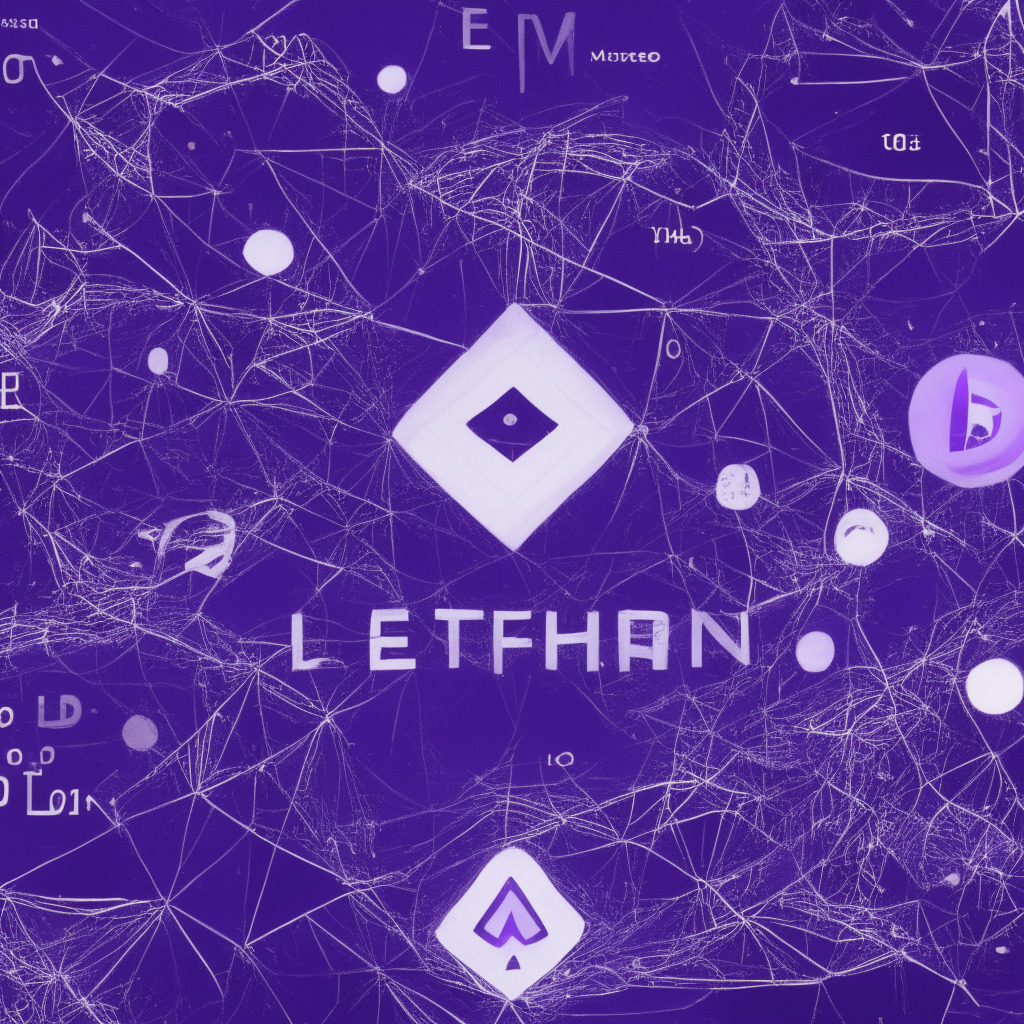Esteemed Argentine presidential candidate, Sergio Massa has unabashedly championed the implementation of a Central Bank Digital Currency (CBDC) to combat the rapidly escalating crisis of inflation in the country. Appealing to his fellow patricians, Massa – who also presides over the nation’s economy – views a digital currency as a key that could unlock parity in Argentina’s progression when placed alongside the remainder of the globe. “We are going to launch the digital currency in Argentina. We are going to do it globally for all of Argentina accompanied by a laundering law that permits expatriated funds to be repatriated and utilised unfettered by additional taxes,” Massa declared.
Attempts to stem the tides of unchecked inflation serve as a unifying cause across the political spectrum, demonstrated by the staggering statistics indicating inflation rates of 115% annually and a poverty rate of 40%. Arguing for a comprehensive shift towards a CBDC, Massa has further extrapolated on the future of digital finance, contending that the same ease of trading – similar to the ‘platform economies’ featured on the mobile devices of our children, can be realised on a national scale.
The politician also utilised this opportunity to voice his disapproval of his adversary Javier Milei’s purported pro-BTC, dollarization policies, warning his compatriots about the potential negative ramifications on the nation’s future. “Dollarization is what generates the temptation of the dollar. Be patriots and defend our currency, do not promote the use of it,” challenged Massa.
In contrast, Milei – a vocal supporter of the viability of Bitcoin, decries the Central Bank as fundamentally fraudulent and predicts that government-controlled fiat currencies lead to inflationary economic decline.
Amidst this contentious climate, the cryptocurrency community has expressed its reservation about the touted advent of the CBDC. Manuel Ferrari, prominent board member of Bitcoin Argentina, condemned this radical shift as a distraction from the overriding issues such as drastic inflation levels owing to alleged corruption, while hypothesising its ulterior propensity for tax manipulation. Similar scepticism is prevalent stateside, with criticism levied against the US government’s plan to roll out a CBDC, perceived as an exercise of control.
Amidst this palpable tension, crypto-friendly lawmakers and the charismatic governor of Florida, Ron DeSantis have sighed a breath of fresh air into the debate by vowing to halt the implementation of anti-crypto policies. The Argentine elections, scheduled for October 22, stand as a significant juncture in the nation’s journey towards its digital fiscal future.
Source: Cryptonews




